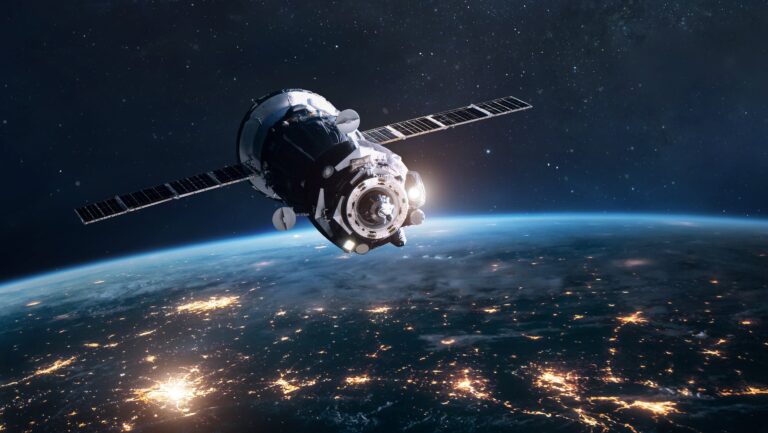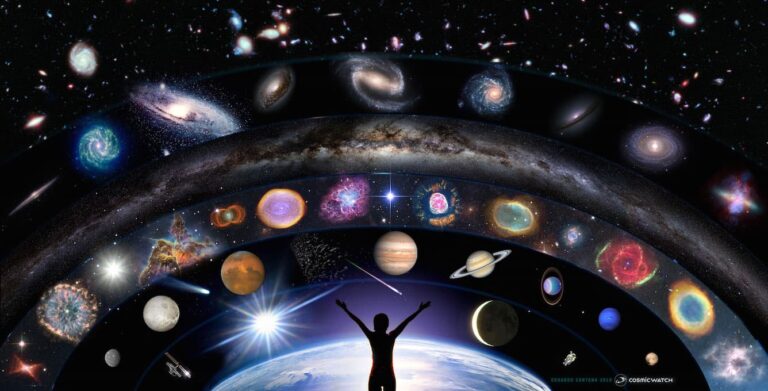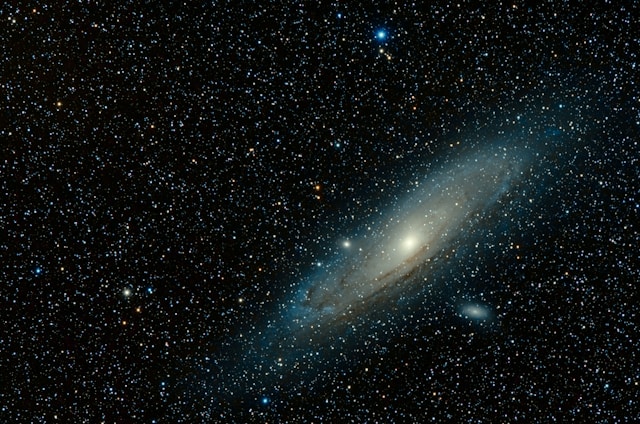Astronomy, the ancient science of celestial objects and phenomena, extends beyond mere observation of stars and planets; it influences many aspects of our daily lives. From navigating by the stars to understanding the fundamental laws of physics, astronomy offers tools and insights that profoundly impact technology, culture, and our understanding of the universe. This science enriches our knowledge base, drives technological innovation, and influences our calendars. As we explore how the study of the cosmos reaches into various facets of our everyday existence, we gain a clearer insight into how interconnected our universe is with the rhythms of daily life.
Technological Advancements Through Astronomy
Astronomy has long been a catalyst for technological innovation, pushing the boundaries of what is possible in observation tools and broader applications. Here are some key technologies derived from astronomy that have become integral to daily life:
- Telescopes and Optics: The development of telescopes has evolved from simple optical devices to sophisticated apparatus like the Hubble Space Telescope. This advancement in optical technology has influenced a wide range of products, including cameras and eyeglasses.
- Satellites: Originally developed for space observation, satellites now facilitate global communication, weather forecasting, and navigation. Their versatility illustrates the broad applicability of astronomical technologies.
- Global Positioning System (GPS): This system uses a network of satellites to provide precise location and time information, integral to navigation and timing systems in smartphones and vehicles.
- Medical Imaging: Techniques developed for processing astronomical images have been adapted to enhance medical imaging technologies. This adaptation helps improve the detection and analysis of medical conditions, demonstrating the practical impact of astronomical research.
Astronomy expands our understanding of the universe and enhances our technological capabilities on Earth, illustrating a powerful example of how scientific curiosity can lead to tangible innovations.
Astronomical Influences on Daily Life
Astronomy profoundly affects our daily lives, even if its touch is often invisible. Consider how the Earth spins and travels around the Sun—these movements aren’t just scientific facts; they shape our entire system of time and seasons. Long ago, ancient people watched the skies to plan when to plant and harvest crops and to set dates for festivals and rituals. Those early calendars were vital for survival, and today’s precise timekeeping, right down to the second, still relies on understanding the Earth’s movements.
Astronomy also helps us predict the weather. Satellites in space look down on Earth, capturing images and data on cloud patterns, storms, and more. This information is crucial for everything from deciding whether to carry an umbrella to farming to preparing cities for severe weather. Plus, astronomers studying the Sun track its activity cycles, which helps predict solar storms that can affect everything from satellite signals to power supplies here on Earth.
Cultural and Educational Impact
Astronomy enriches our culture and education, touching everything from the arts to our spiritual understandings.
- Literature: The night sky and its mysteries have sparked countless stories. From Shakespeare’s star-crossed lovers to the boundless realms of modern science fiction, astronomy has fueled narratives that ponder our fate and place in the universe.
- Art: Artists have long been inspired by the cosmos. Van Gogh’s “Starry Night” swirls with a dreamy representation of the sky, capturing the beauty and mystery of the stars above.
- Religion: Many religious practices and ancient structures closely align with the stars and planetary movements. Sites like Stonehenge and the Pyramids of Giza are architectural feats and astronomical tools for marking significant celestial events.
Astronomy encourages a spirit of curiosity and critical thinking in education. It challenges students to look up and wonder, fostering a scientific mindset that values inquiry and evidence-based understanding. This field teaches us about the universe and the rigor and wonder of scientific exploration.
Future Prospects and Exploration
Astronomy pushes us beyond our current limits, especially in space exploration. Plans for colonizing other planets and using their resources are becoming more realistic. Rovers are exploring Mars, and probes are visiting asteroids to scout for minerals and other resources. Astronomy also makes us think about our place in the universe. Telescopes reveal distant galaxies and exoplanets that could support life, raising questions about the existence of life beyond Earth. Each discovery brings us closer to answers about our place in the universe. These efforts in astronomy expand our knowledge and open new possibilities, changing how we see Earth’s role in the cosmos.
Conclusion
Astronomy enhances our technological capabilities and deepens our cultural and philosophical insights. By exploring celestial phenomena, we’ve developed technologies that impact daily life, expanded our cultural horizons, and pushed the boundaries of space exploration. Through these pursuits, astronomy profoundly shapes our understanding of the universe and our place within it, continually driving human advancement forward.



















